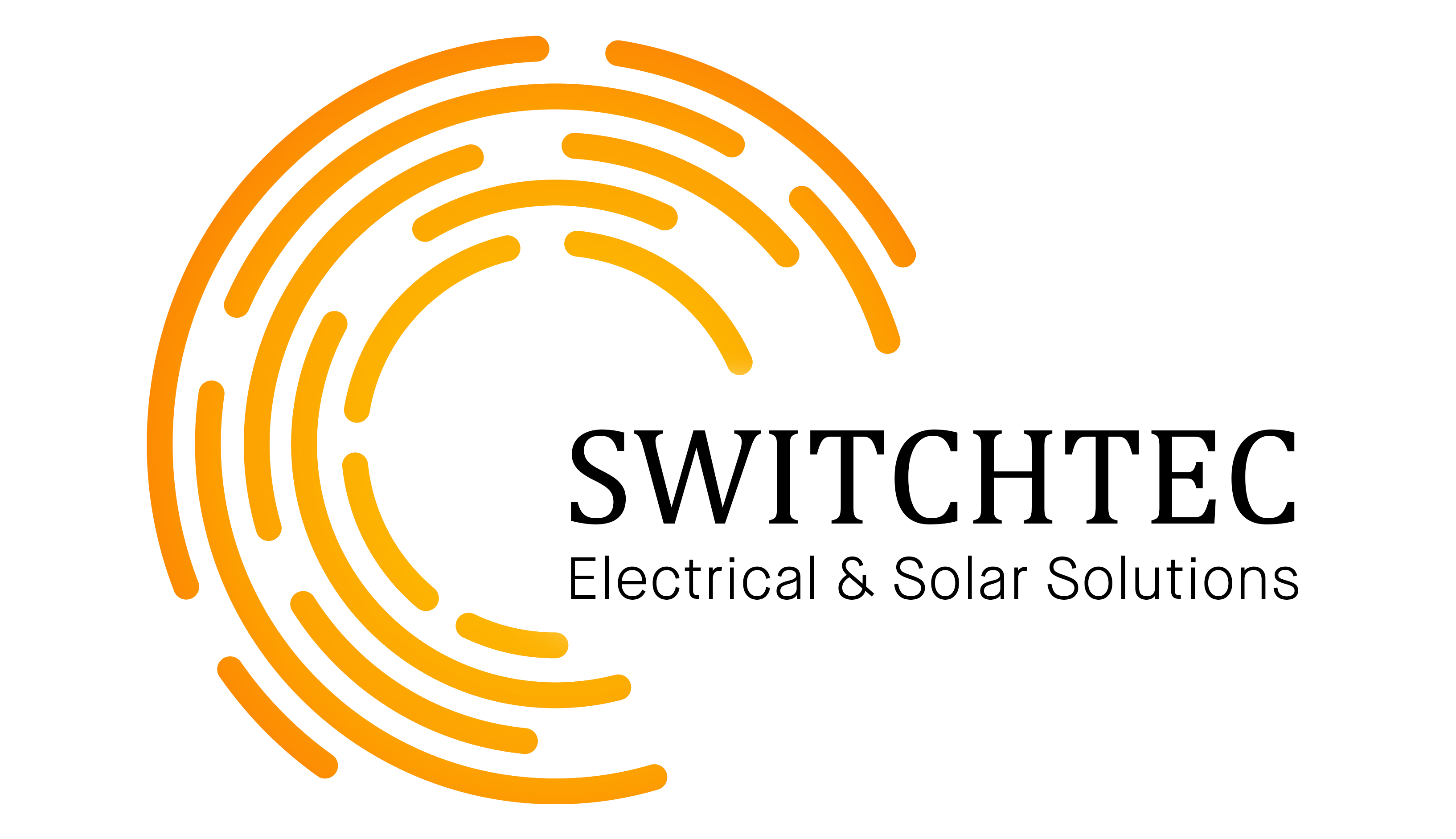Solar is possibly the best investment you can choose for your home or business. It’s great for the environment, it’s great for your wallet and subsidies available make it an excellent purchase for everyone. We find our customers save an average of 80% on their energy cost. It is possible to reduce your bill to zero and even achieve a credit.
The average cost for quality solar is between .90c - $1.30 per watt. That is $4500-$6500 for your average 5kw solar system. The cost of your installation will vary depending on your home. There is no ‘one size fits all’. It is important to assess your property to ensure all charges and work is accounted for prior to accepting an offer.
A recent national audit found 1 in 4 solar systems deemed non-compliant or unsafe. This poses a great risk of damage, harm or even death.
1. A reasonable quote will include a licensed roofer and accredited solar electrician to complete your installation. If they are employed by the company, this is a bonus. The company will have genuine reviews reflecting their workmanship and service. They should be active on socials and have testimonies to showcase their work.
2. Cheap solar quotes use subcontractors, unqualified tradesmen and will often be a new company or even an existing company that has changed their trading name. They often spruce cheap solar offers and pushy sign-up tactics.
3. Unfortunately, the market is made up by the majority of these ‘cowboy’ solar companies who quickly take advantage of unsuspecting consumers. The risk includes no support in the near future, a failed solar system without a company that avoids the warranty, roof damage or leaking in wet weather, and an underperforming solar system.
1. Check social media. Look for video testimonies and photos of real installations in Australia.
Investing in solar can be daunting. When looking for a quality solar system you should invest first in a reputable installer. You can determine this by the quality of work that is showcased through their website or social media platforms. Reviews and testimonies can often identify key standards for a business. Choose one who is licensed, insured and known for quality. You can buy expensive products but matched with a poor install will greatly decrease the quality and efficiency of your solar. Take this real life scenario as a guide from one of our case studies. Two neighbours install a standard 6.6kw solar system. They live in a complex with the same roof types and directions for solar panels. This means they are getting the same thing right? No, not quite. One neighbour pays $6000 to install a good quality solar system with a reputable installer and quality products. On a peak day his system produces 34kWh of energy. The other neighbour pays $3200 for his solar system. He signs on with a sales company that uses underpaid sub-contractors to complete the work with the cheapest possible products available on the market. His system produces only 25kWh on the same day. This is approximately 25% less output than the other system. This continues on a daily basis. Not to mention the higher risk of failure. The quality system may be a higher cost but will provide much more savings for the consumer over the life of the system. Are all systems rated 6.6kw the same? The clear answer is no. The right system shouldn’t be cheap and too good to be true but a long term worthwhile investment for homeowners or businesses.
Panels are not protected from natural disasters. Lightning can damage your solar system. Hail can damage your panels depending on the size, angle and velocity they travel. This will generally be covered by you provided you have home and contents insurance. It’s important to check this once you have had your system installed.
Warranties will vary between the components you install and also the provider who has installed it. The panel warranty should be a 10-year minimum for product and 25 years for performance. Most inverters will carry 5-10 years. Before comparing the warranties of an installer, it’s important to verify reviews to ensure the company holds its warranty and maintains integrity.
Solar systems can still produce power in low-light conditions. You can easily monitor your systems daily production to determine the difference between peak sun and cloudy days. It is expected that production will be higher and lower than average estimates depending on the weather conditions.
Contact us immediately. We will assist you in actioning a plan to get your solar system up and running in no time. What determines a good quality system? Investing in solar can be daunting. When looking for a quality solar system you should invest first in a reputable installer. You can determine this by the quality of work that is showcased through their website or social media platforms. Reviews and testimonies can often identify key standards for a business. Choose one who is licensed, insured and known for quality. You can buy expensive products but match with a poor install will greatly decrease the quality and efficiency of your solar. Take this real-life scenario as a guide from one of our case studies: Two neighbours install a standard 6.6kw solar system. They live in a complex with the same roof types and directions for solar panels. This means they are getting the same thing, right? No, not quite. One neighbour pays $6000 to install a good quality solar system with a reputable installer and quality products. On a peak day, his system produces 34kWh of energy. The other neighbour pays $3200 for his solar system. He signs on with a sales company that uses underpaid sub-contractors to complete the work with the cheapest possible products available on the market. His system produces only 25kWh on the same day. This is approximately 25% less output than the other system. This continues on a daily basis. Not to mention the higher risk of failure. The quality system may be a higher cost but will provide much more savings for the consumer over the life of the system. Are all systems rated 6.6kw the same? The clear answer is no. The right system shouldn’t be cheap and too good to be true but a long-term worthwhile investment for homeowners or businesses.
Generally, the only constraint is the space you have on your roof. With growing efficiencies and technology, most systems can accommodate for the majority of the home our business needs.
No, and the savings you generate from your system and can pay or assist in the covering the cost to have it on your roof. There are many options and plans available for homes and business to make you cash-flow positive from day one. To achieve this is really simple and achievable for almost everybody. Speak to us to find out how.
While your system produces power during the day, it is common that not all of the power produced will be used by the consumer. The unused power will be registered by your meter and you will be provided a credit or ‘buy-back’ from your retailer for each kWh produced. This provides a huge benefit for consumers who don’t use much power during the day. This power can also be stored to be used at night.
Generally, we require 1 day for a standard residential installation. Commercial installations will take longer than this depending on the scale of the project.
Absolutely, as long as it’s done right. Right now, solar owners are saving thousands every year. What are you waiting for?
Solar systems create STC’s (Small Scale Technology Certificates). Or LGC’s for large commercial scale projects. These certificates are purchased and generate a financial incentive for you to heavily subsidise the overall cost of installing your system. The amount of subsidy is determined by the size of your system and the date that you purchase your solar. The number of STC’s generated decreases every year so there’s never been a better time to capitalise now.
Solar not only helps you save money, but it benefits the environment as well. Traditional energy sources like fossil fuels provide harmful carbon dioxide and methane emissions which are leading contributors to global warming and poor air quality. Solar reduces water pollution. Without the need of water to generate electricity, local water supplies are not polluted or wasted on cooling massive gas and coal fire facilities. Solar reduces the need for finite resources. As long as the sun is here, solar generated electricity is here to stay.
You should be provided a maintenance schedule following the completion of your solar install. This will outline the recommended servicing and maintenance for the future. What is the payback period for solar? Right now, the payback can vary between approximately 3 to 6 years. This will depend on the quality and cost of your solar system and how your energy patterns work with the solar system. Considering a good solar system should last 25 years, the payback period makes it an unbelievable investment.
System production is dependent on the size of your system and the direction your solar panels are installed. The more panels installed = more power produced. Designing your system correctly will ensure you get the maximum power generated for your system in the long term.
The safety of solar systems can be considered just like any other electrical component in your home. A solar system is perfectly safe if professionally installed, with high quality components.


